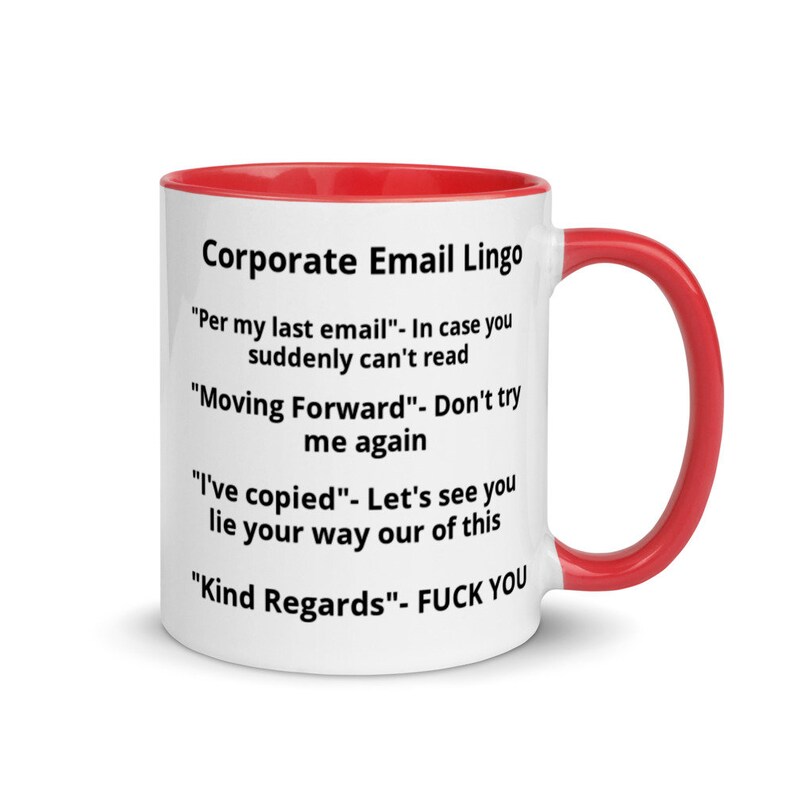

But you can improve an empty phrase by adding specifics and nuance. It may be easier to drop a hackneyed term like "synergy" or "value chain" rather than explaining what you mean. When staff glaze over stuffy or pretentious language, managers miss the opportunity to convey their message.īuzzwords can be the result of laziness. "If they don't know what a term means, you can lose someone in a moment."īut what if you try to explain the technical terms? A study by Ohio State University researchers found that people were less interested and informed after reading jargon-filled samples-even when terms were defined-than another group reading a plain-language version. "People are processing the information in real time," Cardon said. "When everyone understands, it's fantastic," Cardon said. You can use acronyms, in-the-weeds technical terms and obscure references with abandon because your colleagues get it. Some professions have their own version, like legalese or academese. "The first impression is that is trying to sound impressive." You build credibility by connecting with your audience, not by trying to elevate yourself through fancy terms, he said.Īt best, jargon is an efficient shorthand for communicating with people in your close circle. In fact, it usually has the opposite effect, said Peter Cardon, professor of clinical business communication at the University of Southern California, Los Angeles. Using big words does not make you sound smarter, either. Or consider that NEA could stand for National Education Association, National Endowment for the Arts or Nuclear Energy Agency. "DE&I" may roll off the tongue of an executive, but that employee in food services may not know you mean diversity, equity and inclusion. His ability to distill complex data into concise, easy-to-follow guidance made him the leading COVID-19 authority and did not diminish his scientific credibility.Īcronyms fall under the jargon umbrella as well. As the primary spokesperson for the White House Coronavirus Task Force, Fauci became beloved and trusted for his straight talk. Anthony Fauci as America's explainer-in-chief during the pandemic is proof that plain-speaking wins. Ultimately, a presentation to employees that they don't understand or that is packed with meaningless phrases is a communication failure. What strategy isn't "results-oriented"? When announcing a layoff, no one will be fooled by a memo about "eliminating redundancy." Responding to an employee concern with "We don't have the bandwidth" will be heard as a buzzy, evasive dismissal.

You don't know things."Īny communication rife with buzzwords can also come across as disingenuous. It's as if a manager is saying: "I know things. Using terms unfamiliar to your readers or audience can seem noninclusive and even divisive, she said. Jargon puts up a wall, said Katherine Spivey, co-chair of the Plain Language Action and Information Network (PLAIN), a group of federal employees who provide communication support and training for government workers. Yet it's counterproductive, especially for managers whose effectiveness depends on being accessible, persuasive and inspiring to employees.

"Shift the paradigm." Take a "solution-oriented approach." "Empower your brand." Or perhaps buzzwords like "agile," "actionable" or "the new normal."Ĭall it corporate speak or business lingo, jargon is ubiquitous in leadership presentations, memos and blogs in every industry. They are overused terms that make people roll their eyes, tune out, wince or nod off.


 0 kommentar(er)
0 kommentar(er)
